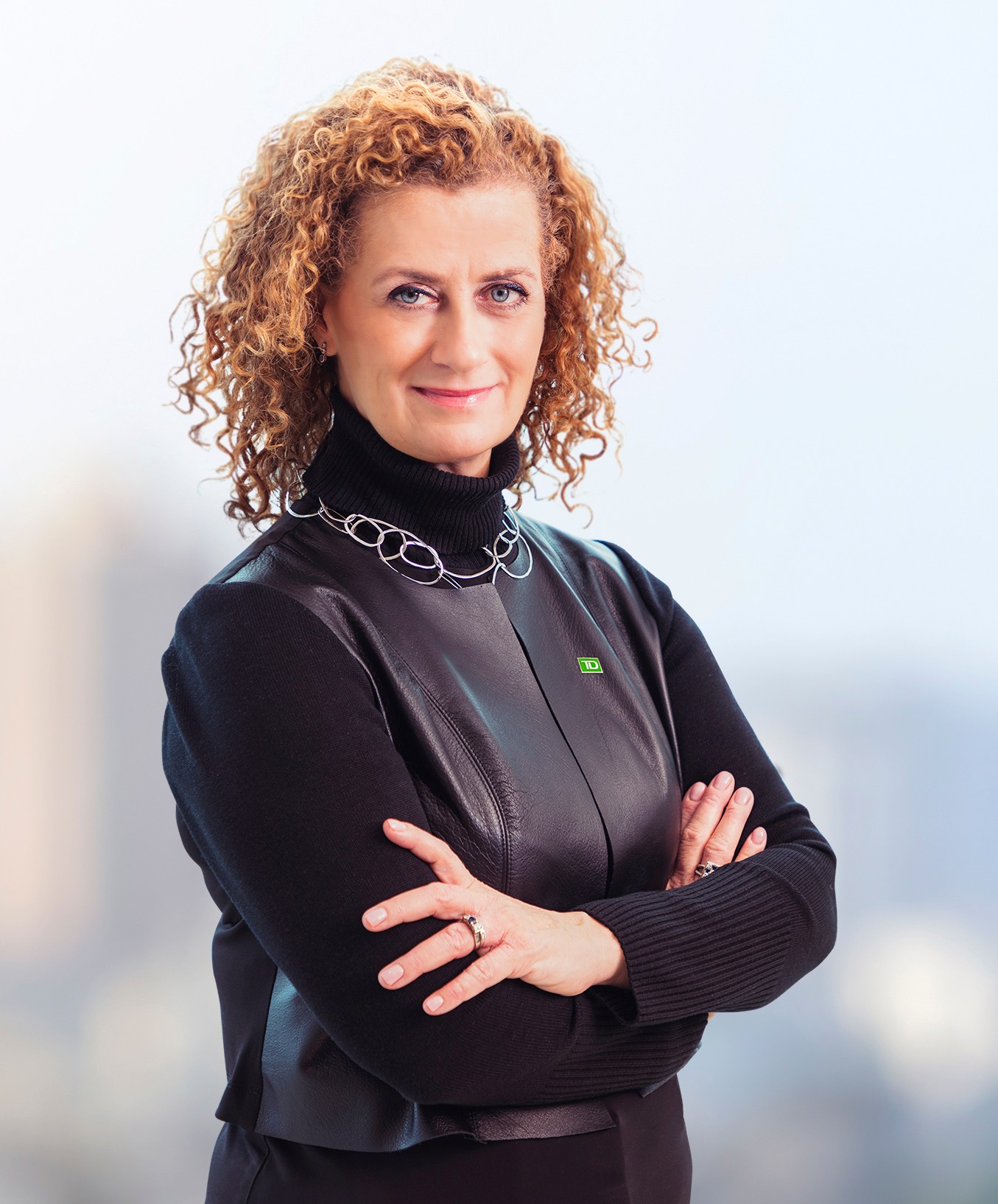[vc_row][vc_column][vc_separator color=”green”][vc_column_text]Ingrid Macintosh, the VP of TD Asset Management, says that it is estimated that by 2026, women will control more than half of the wealth in Canada. In other words, over $3 trillion in assets will be in Canadian women’s hands. In anticipation of this, women’s opportunity to learn financial literacy has become a topic of paramount concern.
There are many reason’s for this shift in wealth. Increasing rates of women going through postsecondary education, attaining higher levels of work, and increasing numbers of women in the position of sole income-earner in their families are just a few of the causes.
It’s also due to the great transfer of wealth, Macintosh says. As previous generations pass their wealth on in the “vertical wealth transfer,” women are set to disproportionately inherit over a trillion dollars in assets. Women also tend to outlive male partners. “So it’s estimated that at some point in their lives, 90 per cent of women will be the sole financial decision makers in their households,” Macintosh says. It stands to reason then that women need to start building their financial confidence and literacy.
The financial world has traditionally been led by men, especially when it comes to financial advisers. Women want to have a different conversation around wealth and investing, but lack the financial confidence and know-how to hold effective dialogue with advisers, because they historically haven’t had the opportunity to do so.[/vc_column_text][vc_column_text]Macintosh notes that when it comes to figuring out finances, women are distinct from men in terms of how they think, and the kinds of questions they need answered from advisers. “Women want to talk about their wealth in terms of goals, not returns, or quantified by the number of dollars,” she says. “And women want their advisors to consider their overall life, not just their investment portfolio.”
TD Bank’s Women and Wealth program has been established to speak to this lack of financial literacy and confidence in women. The program is about engaging women so that they can have better conversations about finance and be financially literate, and also to train advisers to understand that the conversation with women is different than it is with men.
But education can begin with the individual, too. Here, Macintosh offers five tips that women can implement so as to gain the confidence they need to manage their wealth effectively and proactively.[/vc_column_text][vc_text_separator title=”Advice From Ingrid Macintosh” color=”custom” accent_color=”#297700″][/vc_column][/vc_row][vc_row][vc_column][vc_custom_heading text=”Start Talking About the Money ” font_container=”tag:h2|font_size:18|text_align:left”][vc_column_text]“The first thing [women] need to do is start building their financial literacy. We have to disrupt this notion that talking about money and investing are unladylike, that’s just not appropriate. […] [Additionally, women] need to start talking to other women about money, sharing their experiences.”
“Women have this bias towards social harmony, which means, if they are in a partner relationship [and have] an advisor, they tend not to speak out. They don’t have the knowledge and the confidence. The advisor often speaks to the male partner in the relationship, the woman doesn’t feel literate. The industry is full of jargon language, so she doesn’t speak up because she doesn’t feel like she’s clever enough or has the language or knows enough, [and] she stays on the sidelines. That’s probably what I think we see [happening] when husbands do die, most of these women end up firing their advisor and starting over again trying to find someone they connect with.”[/vc_column_text][/vc_column][/vc_row][vc_row][vc_column][vc_custom_heading text=”Consider Speaking to an Advisor” font_container=”tag:h2|font_size:18|text_align:left”][vc_column_text]“Only 31% of single women have a financial plan. […] That number is much higher when women are in relationships with partners. So speaking to an advisor and building a financial plan is a really powerful thing that people can do. It starts to build out the action steps and starts to create a roadmap for people. And we know that women are 52 per cent more likely to feel confident in their finished position when they’re talking to an advisor. […] And actually that [speaking to an adviser] is going to build the roadmap to confidence.”
[/vc_column_text][/vc_column][/vc_row][vc_row][vc_column][vc_custom_heading text=”Get in the Need-to-Know Space” font_container=”tag:h2|font_size:18|text_align:left”][vc_column_text]“We know that women, when they have children, they’re more likely to delegate the financial knowledge to their spouse. That’s an actual thought process [delegated] to their spouse. Men, when they have children, are twice as likely to try and build their knowledge. So we need to get women away from this delegation [of] the financial awareness or the investing awareness to their partners and get them into the need to know space. And that makes sure that they’re going to stay connected to the decision making process.”
[/vc_column_text][/vc_column][/vc_row][vc_row][vc_column][vc_custom_heading text=”Be Part of the Planning Process” font_container=”tag:h2|font_size:18|text_align:left”][vc_column_text]“This is really for those women that are in a relationship. [They need to] make sure that they are part of the planning process. Women score higher on things like conscientiousness, so where the men and the woman have a plan or are working with an advisor, women actually have a higher propensity to stick to that plan. So in a relationship, women at the table [with the adviser] are going to help the overall partnership to succeed on the plan.”
[/vc_column_text][/vc_column][/vc_row][vc_row][vc_column][vc_custom_heading text=”Ask That First Question” font_container=”tag:h2|font_size:18|text_align:left”][vc_column_text]“Ask the simplest questions, talk to advisors and ask them to use plain language. [Doing this allows women] to start building this kind of cascade of knowledge and awareness.”
[/vc_column_text][vc_separator color=”green”][vc_column_text]
Ingrid Macintosh is Vice President, Wealth, Head of Sales Enablement, Communications & Digital Strategy for TD Asset Management. Ingrid is responsible for developing and driving Sales Enablement of TDAM’s investment solutions across all Retail and Institutional distribution channels. She leads the Sales Enablement and Marketing and Communications functions for TDAM, including the development of the Digital Strategy.
Ingrid is also the Executive Sponsor of TD Wealth’s Women and Wealth Program.
[/vc_column_text][/vc_column][/vc_row]













